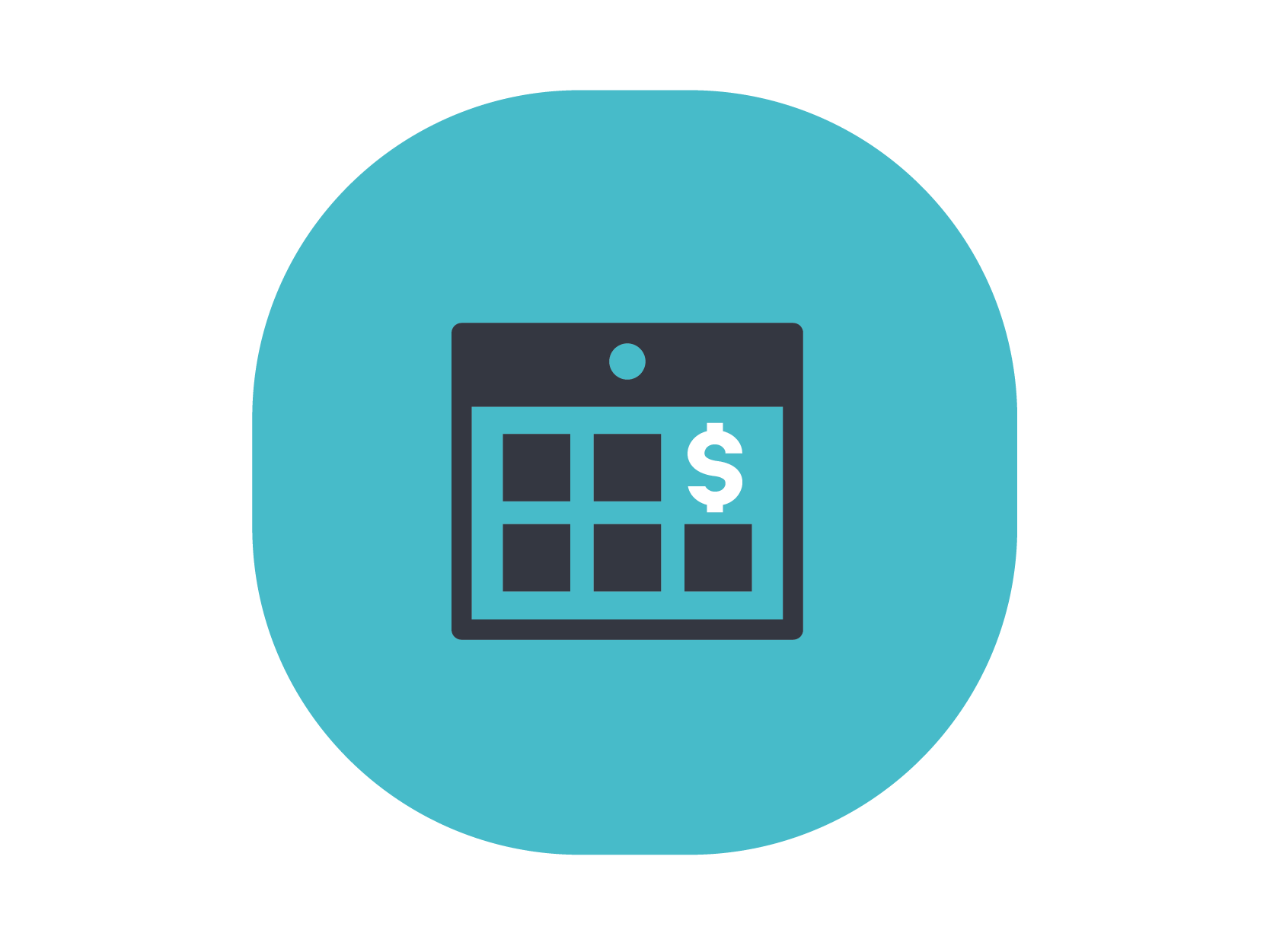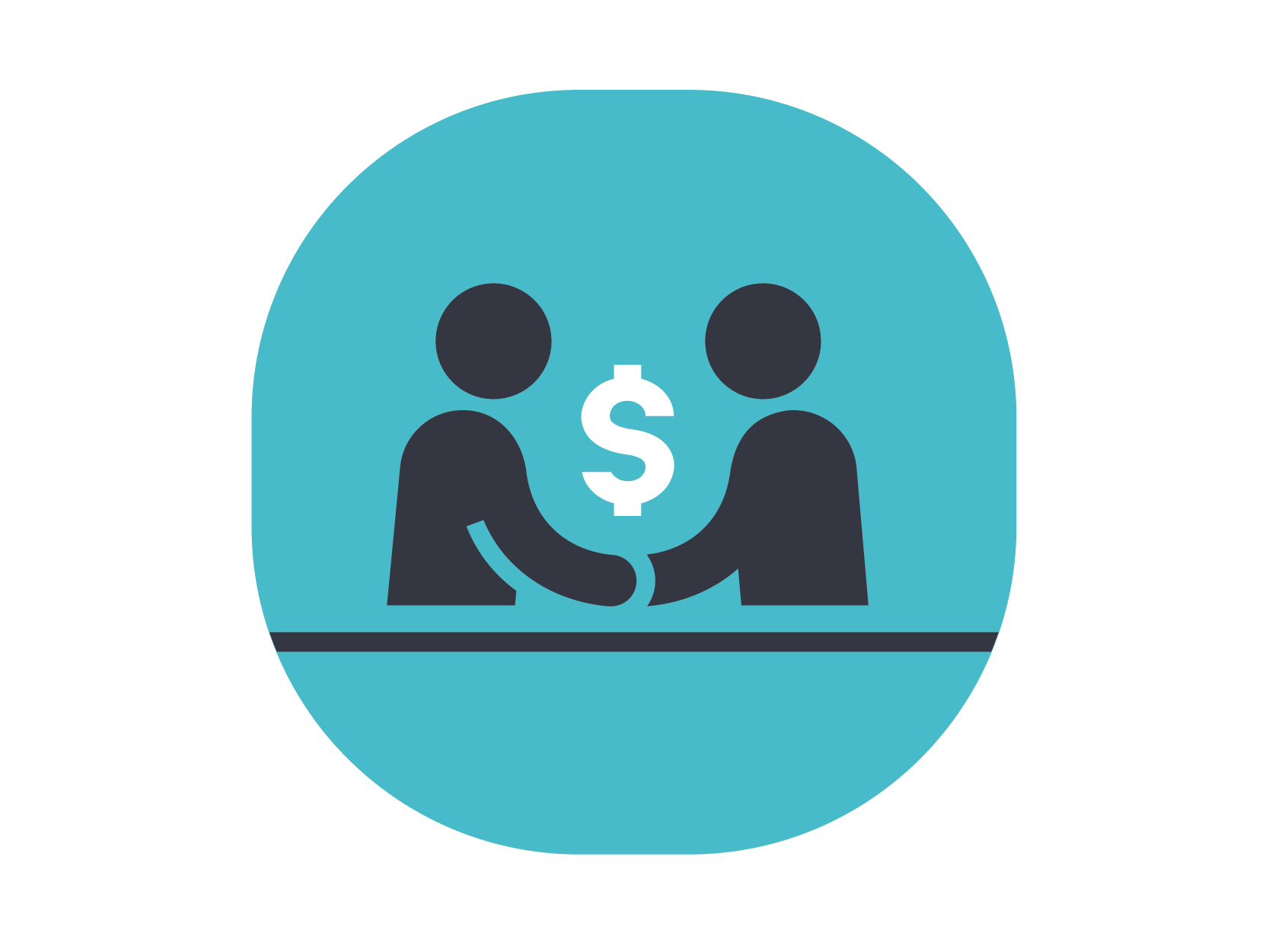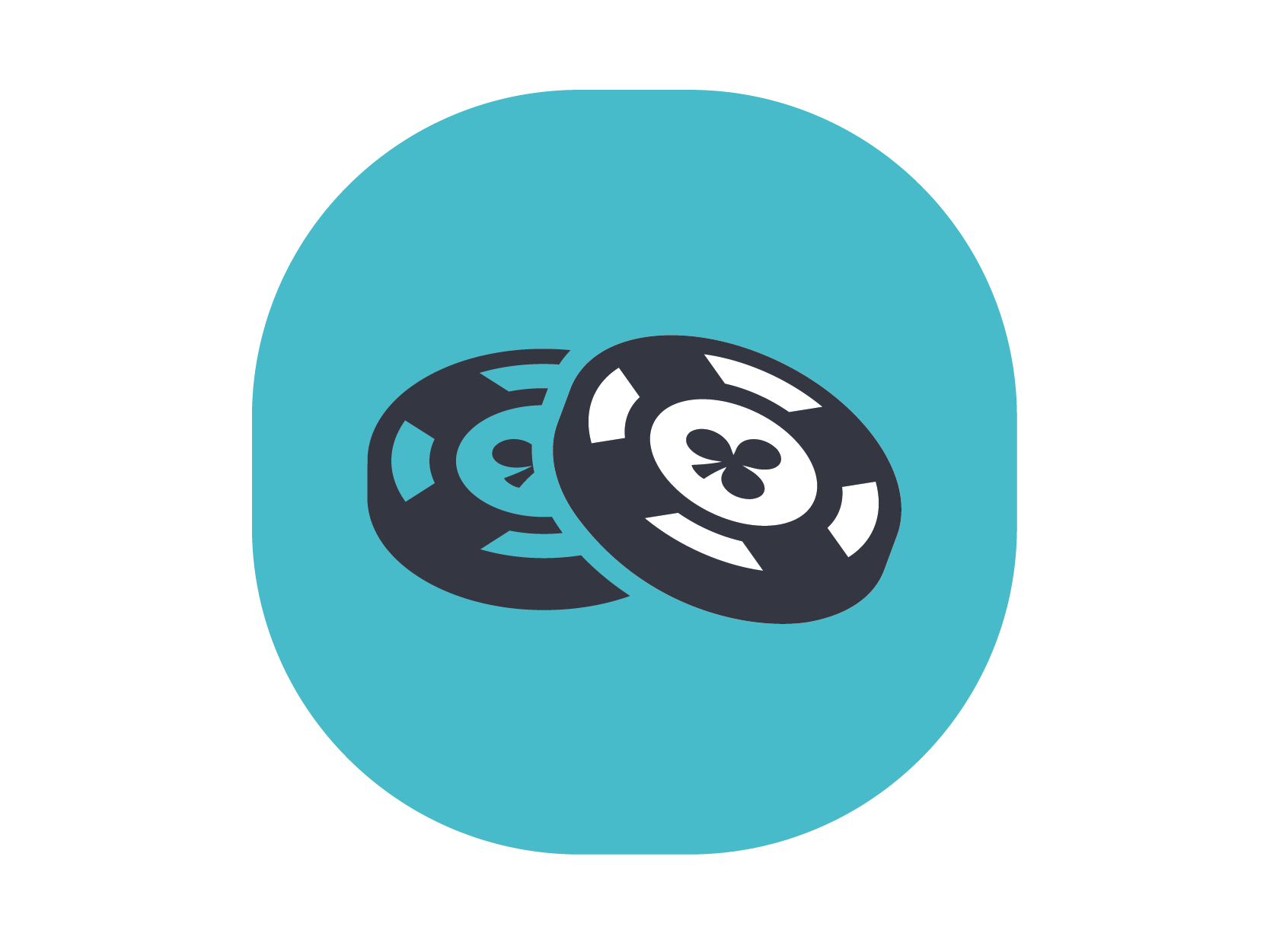
Loans from Family & Friends
Surprisingly, these are very common forms of borrowing – children borrowing from parents to buy their first house or from family and friends to set up, or a keep a business going. Generally, these loans are not well documented, if at all, and no interest rate or repayment terms are set when the funds are first advanced.
It’s fine if repayments are being made, but once difficulties start, relationships can become strained, particularly if the family or friend has themselves borrowed the money to give to you, and can’t in reality, afford to pay that debt of you stop making payments.
Borrowing from family and friends can be horrible. The blame, stress and embarrassment of getting in to trouble, and the problems that are inflicted effectively by you on loved ones, makes this form of debt one of the hardest to deal with.
Legally, family and friends are no different to other forms of lenders, but often with no loan documentation, proving what is and what is not owing can prove difficult, particularly when you may be faced with formal insolvency, such as bankruptcy. If that is looming, there is also real pressure or desire to pay those debts back ahead of other people you may owe money to, but ultimately in bankruptcy that money could then be clawed back by the Official Assignee.
Ideally, borrowing from friends and family should be avoided if you want to keep at peace with people that you love, but in reality that just may not be possible. But if you do plan, or do borrow money from friends or family, then make sure you treat that loan just as you would a loan from any other person or lender – lay out the exact terms in a formal agreement, make repayments in accordance with those terms, and make sure they are not treated in preference to any of your other creditors, as they will only end up at the other end of a legal action by the Official Assignee if you don’t.
If the loan is particularly risky, explain to them that they may lose the lot, and stress that again and again, and most importantly be honest with them and yourself when the situation changes, so that you each know where you stand.
Have a look at types of debt:


















